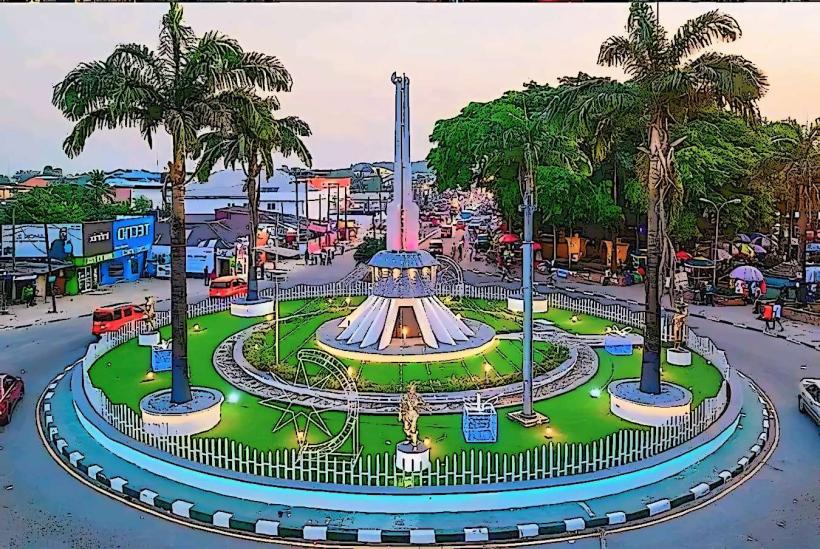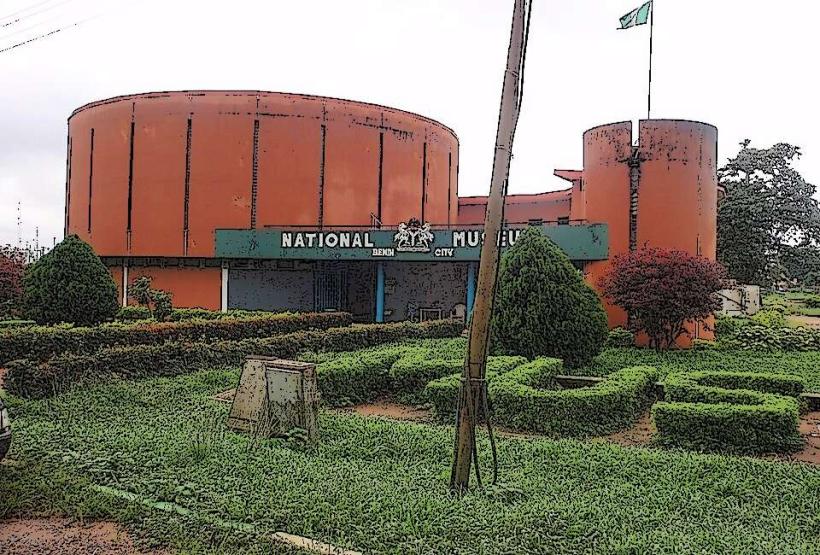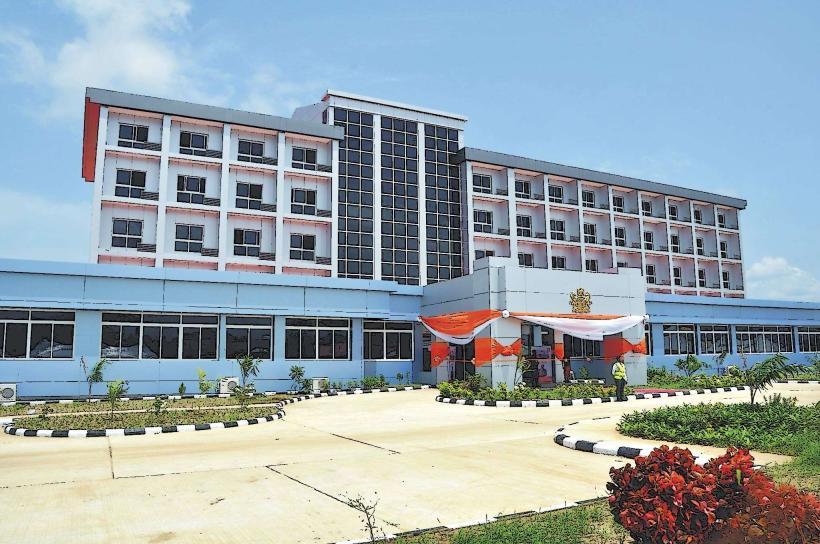Information
City: UyoCountry: Nigeria
Continent: Africa
Uyo, Nigeria, Africa
Uyo serves as the administrative capital of Akwa Ibom State and functions as a significant petroleum and agricultural logistics hub in the Niger Delta. It is located in the southeastern geopolitical zone, situated inland between the Calabar and Imo rivers.
Historical Timeline
Uyo was a provincial administrative center during the colonial era and became the capital of Akwa Ibom State upon its creation on September 23, 1987. The city transitioned from a rural settlement to a modern urban center through a massive infrastructure drive initiated in 2007. The primary event shaping its current urban form was the "Uncommon Transformation" era, which replaced the previous organic sprawl with a structured grid of high-capacity dual carriageways and circular flyovers.
Demographics & Population
The metropolitan population is approximately 1,350,000 as of 2026. The population is predominantly composed of the Ibibio, Annang, and Eket ethnic groups. The median age is approximately 18.7 years.
Urban Layout & Key Districts
The city is organized around a central hub known as "Ibom Plaza," with major arterial roads radiating outward. Key districts include the Ewet Housing Estate (South), the premier residential and diplomatic zone; Shelter Afrique (East), a high-end gated residential layout; and the Central Business District along Abak Road and Ikot Ekpene Road.
Top City Landmarks
Godswill Akpabio International Stadium (The Nest of Champions)
Ibom Icon Hotel & Golf Resort
Ibom Plaza (Social and transit epicenter)
Unity Park (Cenotaph)
Akwa Ibom State Secretariat (Dakkada Towers)
Transportation Network
Internal movement is characterized by a high-quality road network with multiple flyovers. Transit is dominated by "Keke" (tricycles) and minibuses. There is no metro system. Ride-sharing is available via Bolt. Official taxis are painted orange with white stripes. Traffic density is moderate, with occasional congestion at the Ikot Oku Ikono flyover during peak hours.
Safety & "Red Zones"
The general safety level is high relative to the Niger Delta average. However, caution is advised in the peripheral areas of Itam and the timber market at night due to reports of petty theft. Avoid walking alone in the Ibom Plaza area after midnight.
Digital & Financial Infrastructure
Average internet speeds are 35–55 Mbps on 4G/5G networks. Main carriers are MTN, Airtel, and Glo. Card acceptance is high in hotels, supermarkets, and pharmacies; cash is necessary for local markets and Keke transport. ATMs are concentrated along Oron Road and Abak Road.
Climate & Air Quality
Temperatures range from 23°C to 33°C. Uyo has a tropical monsoon climate with a prolonged rainy season from March to November. Air quality is generally high due to low industrial density and significant surrounding vegetation, though Harmattan haze occurs in January.
Culture & Social Norms
Tipping is voluntary but common (5–10%). Handshakes are the standard greeting. The city is known for its culinary culture, particularly "Afang" and "Edikang Ikong" soups; communal dining is highly valued. Dress code is conservative-professional for business and formal-traditional for social events.
Accommodation Zones
Ewet Housing Estate: Recommended for high security, quiet environment, and proximity to upscale dining.
Shelter Afrique: Recommended for luxury long-term stays and proximity to the airport road.
Local Cost Index
1 Espresso: ₦4,500 ($3.00)
1 Standard Lunch: ₦11,000 ($7.30)
1 Metro/Bus Ticket: ₦700 ($0.45) - Keke/Minibus rate.
Nearby Day Trips
Ibeno Beach: 65 km (60 minutes)
Mary Slessor Cairn (Ibiono Ibom): 25 km (35 minutes)
Blue River (Azumini): 45 km (50 minutes)
Raffia City (Ikot Ekpene): 30 km (40 minutes)
Facts & Legends
Uyo is home to the "Dakkada" philosophy, a state-mandated moral code encouraging self-reliance. A local legend involves the "Ghost of the Bridge" at the Enen Nsit axis, where travelers historically claimed to see a woman directing traffic during heavy rains to prevent accidents, believed to be the spirit of a local midwife who perished during the colonial era.




